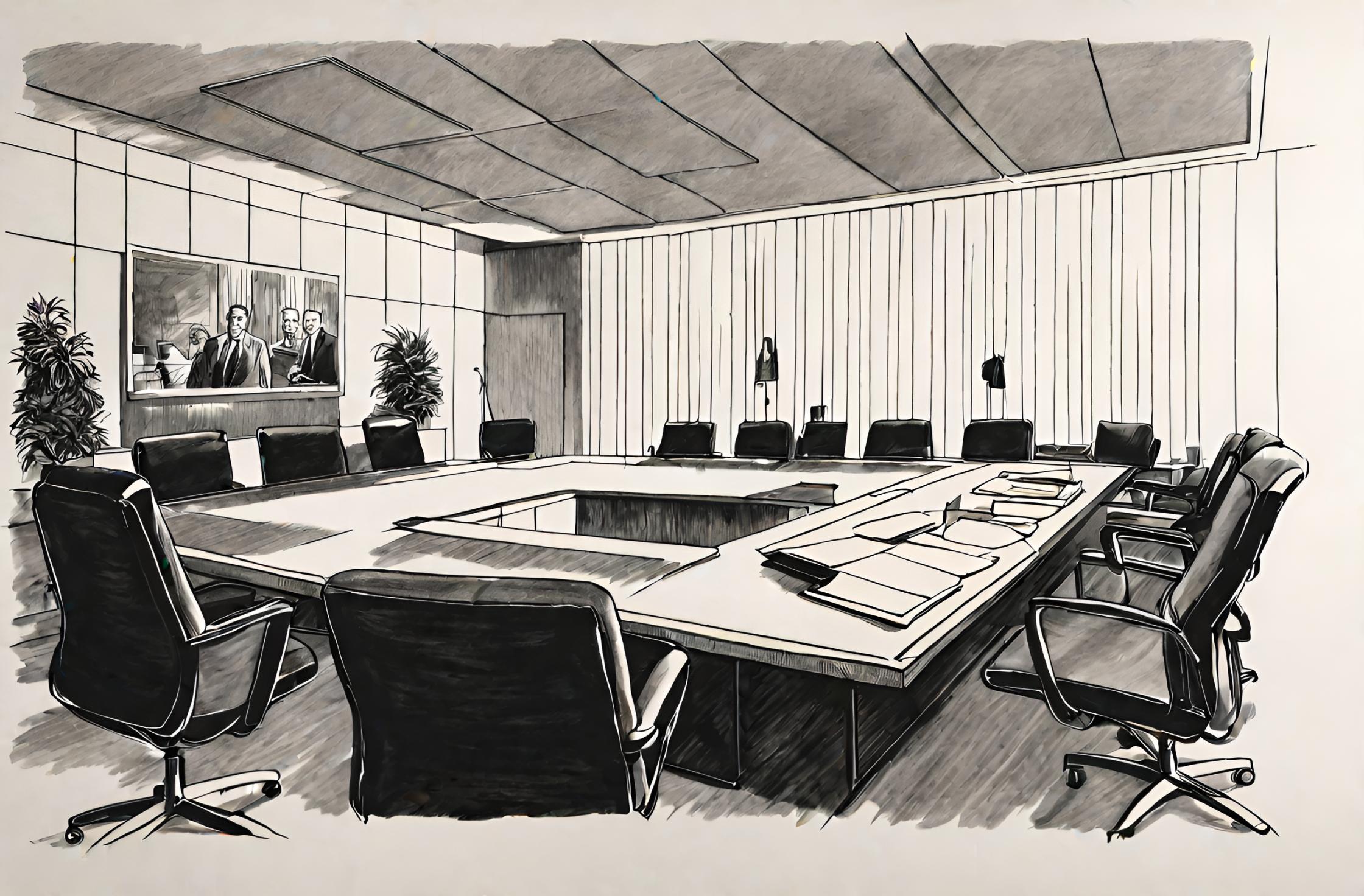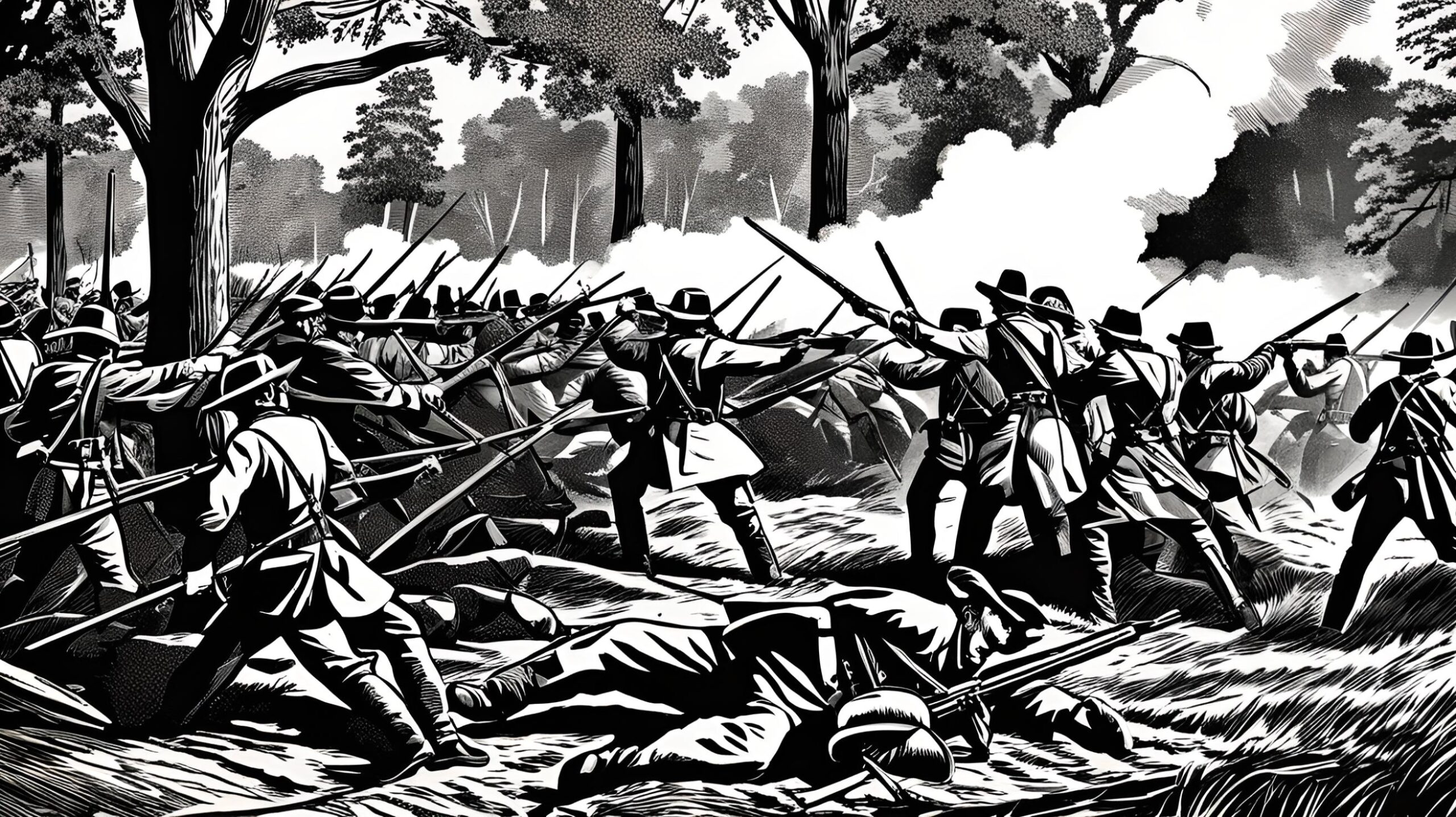Flashback to September 1
American History

The Watergate event is a seminal chapter in American political history, forever shaping the nation’s psychological landscape and altering public trust in the democratic process. Occurring on June 17, 1972, this transformative event represents a significant turning point, and is often referred to as an infamous symbol of governmental corruption.
Primarily known as the Watergate scandal, this incident began with a break-in at the Democratic National Committee headquarters located at the Watergate office complex in Washington D.C. The burglars were tied to President Richard Nixon’s reelection campaign, the Committee to Re-elect the President (CRP), often humorously nicknamed “Creep”. The discovery of this link between the burglary and the president’s campaign led to numerous investigations that culminated with historic legislative changes and the resignation of President Nixon himself, marking the only time an American president has resigned from office.
The scandal’s initial fallout was not immediate or resounding. At first, the connection between the Watergate burglars and Nixon’s was faint. The event, however, took a dramatic turn and grew into larger proportions when it emerged that not only was the Nixon administration involved in the planning and covering up of the unsuccessful burglary, but also in a series of other illegal activities intended to sabotage the opponents of Nixon’s Republican Party. Such revelations significantly tarnished the public image of the Nixon administration.
Over time, numerous investigations, led by aggressive journalistic efforts from publications like the Washington Post, began unearthing details related to wide-ranging efforts to obstruct justice. This situation induced a cloud of skepticism and mistrust around the White House and Nixon’s administration, eroding public trust.
The real blow came when it was discovered that there was a secret oval office taping system that the president had been using to record his conversations and meetings. When these tapes were subpoenaed, they revealed evidence of Nixon’s direct involvement in the Watergate cover-up, providing solid proof for what had been suspected all along. It emerged that, despite his vehement denials, Nixon had attempted to obstruct the FBI’s investigation into the break-in.
Such discoveries put the final nail in the coffin of Nixon’s presidency. Facing almost certain impeachment and removal from office, Nixon chose to resign. His resignation on August 8, 1974, brought an end to the Watergate scandal after two lengthy and tumultuous years, but the event had far-reaching and long-lasting effects.
Watergate significantly reshaped America’s political landscape. Many political reforms were instigated in the aftermath, mainly aiming at increasing the transparency and accountability of the political processes to restore public trust. The procedures for impeachment were made more stringent to prevent future misuse of presidential authority. There was also a renewed emphasis on the freedom of the press and its role in holding the government accountable for its actions.
Moreover, the Watergate scandal also generated numerous conversations about the integrity and conduct of public offices. Campaign regulations were re-examined and restructured to prevent a similar occurrence in the future. Additionally, the incident led to the broadening of investigative journalism, with the press taking on a more prominent watchdog role in American democracy.
the Watergate event was not just a standalone incident. It was an event that unleashed a cascade of changes in the American political framework, some of which are still evident today. On that fateful day of June 17, 1972, when five men were arrested for breaking into the Democratic National Committee headquarters, began an affair that forever marred the American political landscape and irrevocably altered the nation’s perception of the presidency. While Watergate was a period of great turmoil and unrest, it also ultimately promoted a greater sense of accountability, transparency, and democracy within the nation.
We strive for accuracy. If you see something that doesn't look right, click here to contact us!
Sponsored Content

The Civil War: Severe…
Experience the intensity of…

Henry “Scoop” Jackson, American…
Renowned American Senator-Democrat for…

Leonor Sullivan, American politician…
"Remembering Leonor Sullivan: prominent…

Great Hinckley Fire: A…
"Experience the chilling history…

In the USA, the…
On September 1, 1982,…

California Constitutional Convention held…
On September 1, 1849,…

